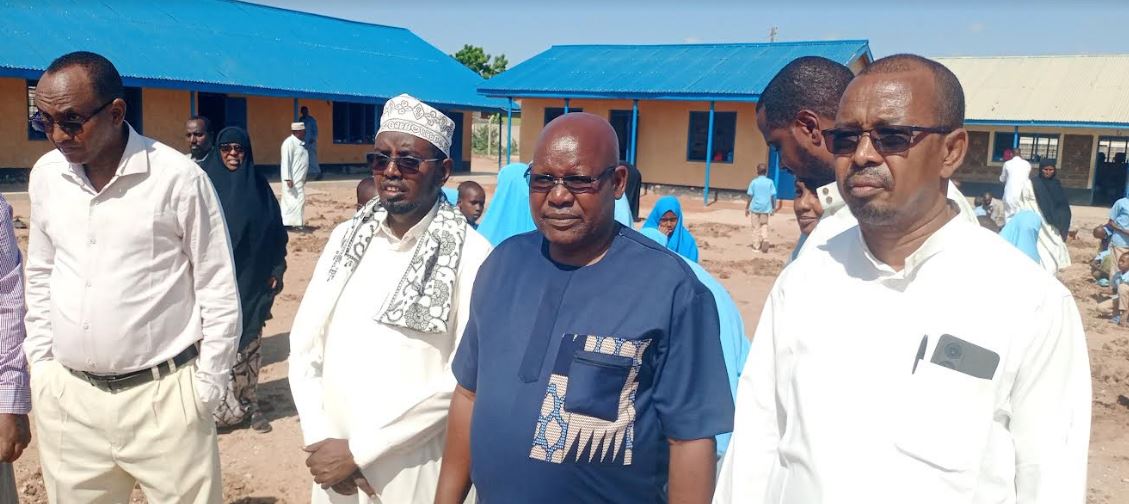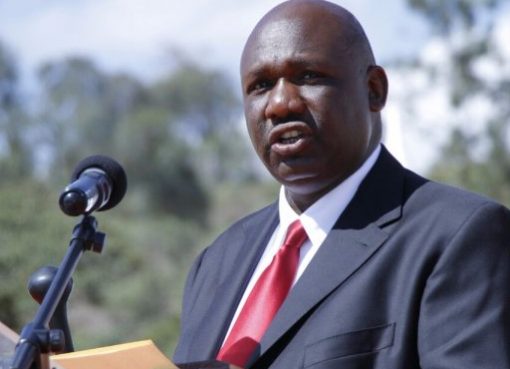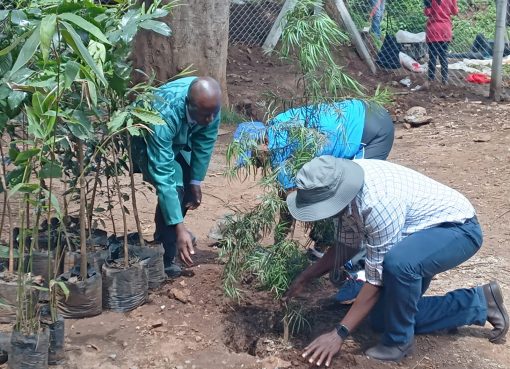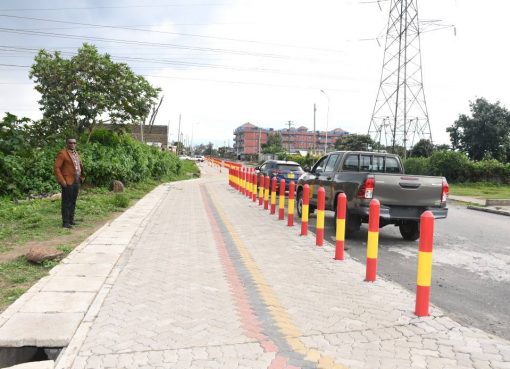School heads across the country have been instructed to admit their schools’ learners affected by floods without conditions.
Schools re-opened for the second term on May 13 following two postponements over floods that have ravaged the country since last month.
Speaking at Iftin Primary School in Garissa, where he led a tree planting exercise in schools in the area, Masini Ichwara, Director of Planning at the State Department for Basic Education, said that the same has been communicated to all head teachers across the country.
“The schools’ heads are under instructions to accommodate all the IDP students in the nearby schools as the situation normalises. For now, let them come to school with the uniforms they have from the previous schools and start learning,” Ichwara said.
“We know parents have been affected by these floods, and they might not have the resources to buy new uniforms, and the extra cost will be a burden to them. That is why we call on the schools’ heads to bear with the situation, which is temporary,” he added.
The director said the Ministry of Education is doing everything possible to have all children go back to their respective schools disclosing that the emergency kitty that was promised by President William Ruto will go a long way in helping all learning institutions that were affected by the floods.
Ichwara, who was accompanied by senior regional education officials from North Eastern, also encouraged the school heads to enter the learners into the NEMIS systems so that capitation can be channelled to every pupil that deserves it.
“We know that there is a problem with birth certificates. We encourage the local administration, especially the chiefs and the birth and death registration offices, to closely work with schools and parents so that these kids can be given birth certificates,” he said.
“The government has committed itself that capitation is being provided to every child, and therefore these children should be captured,” he noted.
He also called on parents’ organisations and well-wishers to support the school feeding programme, saying that the government alone cannot do it due to budget constraints.
“I think as parents we also need to chip in in terms of giving food in kind for the kids to benefit. These are our children, and we all have a role to play in ensuring that they continue with their studies uninterrupted,” he said.
In Garissa Township, Hyuga Girls and Bula Argi Primary Schools, which were the most affected by the floods, remain closed since the effects were severe. The students have since been transferred to the nearby Madarasa schools as a temporary measure.
Several schools, among them Young Muslim High School, Jaribu Primary, Kazuko Primary School, and NEP Technical College, were also hosting IDPs. They have, however, since been relocated to pave the way for learning to continue uninterrupted.
Garissa has the largest number of IDPs, totaling 21,770 across 12 camps. Among these are students who have been displaced from their homes.
On the issue of teachers’ shortages, which has remained a point of concern from both teachers’ leadership and political leaders, Ichwara said that the Teachers Service Commission (TSC) was working round the clock to address the issue, calling for patience from all stakeholders.
Adan Roble, North Eastern Regional Director of Education, said that all the schools in the region are now open and that learning was going on except for two schools, one in Garissa and another in Bura subcounty, which are still submerged in flood waters.
He said that children from the affected schools have been relocated to nearby schools where they will be hosted before the school’s infrastructure is repaired and reconstructed.
He said that in Wajir and Mandera, no school has been affected by floods.
Siyat Hussein Noor, Head Teacher at Iftin Primary, acknowledged the challenge schools in the region have had as far as acquiring birth certificates, saying this has a direct impact on school funding since they are not captured on NEMIS.
“As a region, we are very much affected by this. Most of the schools are receiving less funds not because they don’t have the numbers in schools but because the majority are not captured on NEMIS,” Noor said.
Noor, who is also the Kepsha Chairman of Garissa County, said that going forward, they will coordinate with other stakeholders, including the registrar of births and deaths and the chiefs, to make sure that the children get the birth certificates.
On the issue of the school feeding programme, the Head Teacher noted that it remained a big challenge since it was one of the things that mainly attracts students to go to school and expressed optimism that by next week things will be okay.
By Jacob Songok





